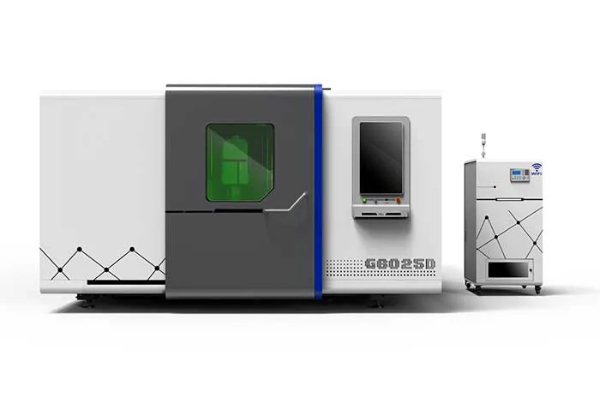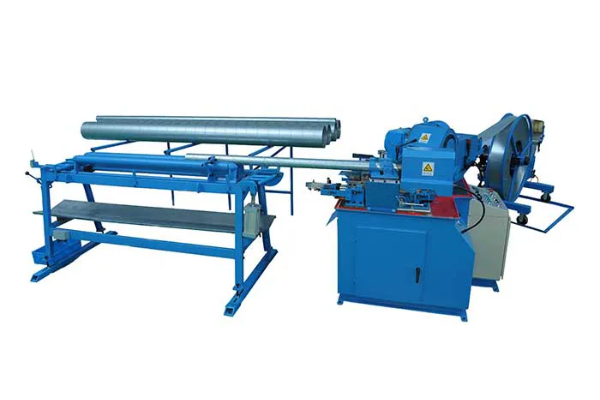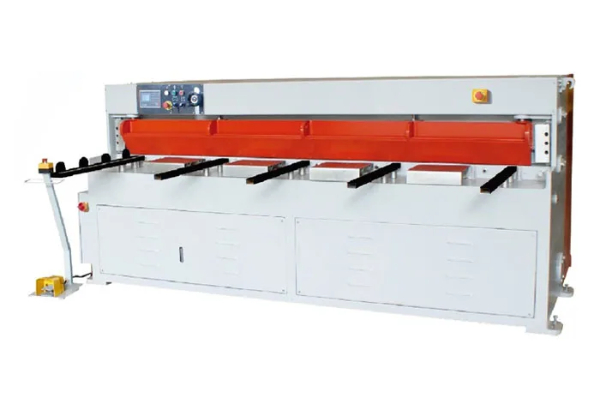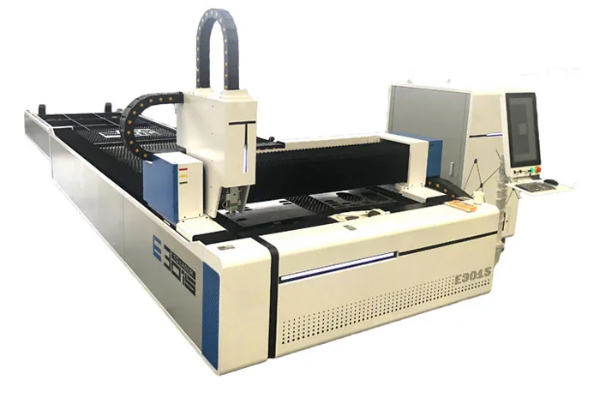
Hydraulic vs. Manual Sheet Metal Benders – Advantages and Disadvantages
- By:Metmac
- 2024-06-19
- 136
Sheet benders are essential equipment in sheet metal manufacturing, enabling precise and efficient bending operations. Although both hydraulic and manual sheet metal benders are widely used, each has its own advantages and disadvantages.
Types of sheet metal benders
Hydraulic sheet metal benders
Hydraulic sheet metal benders use hydraulic cylinders to generate the force needed to bend the sheet metal. They offer precise control of bend angles and pressure, making them suitable for complex bending tasks.
Manual sheet metal benders
Manual sheet metal benders are rely on manual force to bend the sheet metal. They are typically used for small-scale or low-volume bending operations where accuracy is less critical.
Advantages and disadvantages of hydraulic sheet metal benders
Advantages:
Precision:
Hydraulic machines provide exceptional precision, enabling precise and consistent bend angles.
Force control:
The Hydraulic system allows precise folding control. force, thus avoiding damage or deformation of the sheet metal.
Repeatability:
Hydraulic machines can repeat bending operations with high precision, making them ideal for mass production.
Safety:
They offer enhanced safety features, such as overload protection and emergency stop buttons.
Disadvantages:
Cost:
Hydraulic sheet bending machines are generally more expensive than manual machines.
Maintenance:
< p>They require regular maintenance and replacement of hydraulic fluid.
Size and weight:
Hydraulic machines are larger and heavier than manual machines, requiring more installation space.
Advantages and disadvantages of manual sheet metal bending machines
Advantages:
Affordability:
Manual machines are more affordable than hydraulic machines.
Simplicity:
They are easy to install and use, with minimal maintenance requirements.
Portability:
Manual machines are portable and can be easily moved to different work areas.
Compact:
Their compact size makes them suitable for small workshops or limited spaces.
Disadvantages:
Low precision:
Manual machines offer less precision in bending angles compared to hydraulic machines.
< p>Physical effort:
Bending operations require physical effort, which can be difficult for large or thick.
Limited force:
Hand machines have limited bending force, which limits their use for thicker or harder sheets.
Safety Concerns:
Manual machines can pose safety risks if not handled. correctly.
Conclusion
The choice between hydraulic and manual sheet metal benders depends on the specific application and requirements. Hydraulic machines are ideal for high precision, high volume and complex bending operations. Manual machines are suitable for small-scale, less precise and budget-conscious applications. By carefully considering the advantages and disadvantages of each type, users can select the most suitable machine for their particular needs.
-
High-Precision Solutions from Leading Sheet Metal Cutting Machine Manufacturers
2025/09/11 -
Reliable Sheet Metal Equipment for Sale to Support Precision Fabrication
2025/07/17 -
Advanced Duct Machine AC and Fabrication Solutions from Metmac
2025/07/12 -
The Advantages of Using a Sheet Roll Forming Machine in Manufacturing
2024/09/14
-
Precision Sheet Metal Cutting and Processing Machines for Modern Manufacturing
2025/09/25 -
Advanced Sheet Metal Processing Machines for Industrial Applications
2025/09/25 -
High-Precision Sheet Metal Cutting Machines for Modern Manufacturing
2025/09/25 -
Efficient Sheet Metal Working Machines for Modern Manufacturing
2025/09/17
-
A Guide to the Latest Innovations in Sheet Metal Folding Machines
2024/11/29 -
Key Features to Consider When Investing in a Sheet Metal Folding Machine
2024/11/28 -
Enhancing Precision with Advanced Sheet Metal Folding Machines
2024/11/27 -
How to Choose the Right Sheet Metal Folding Machine for Your Workshop
2024/11/26





